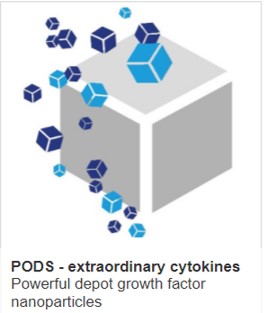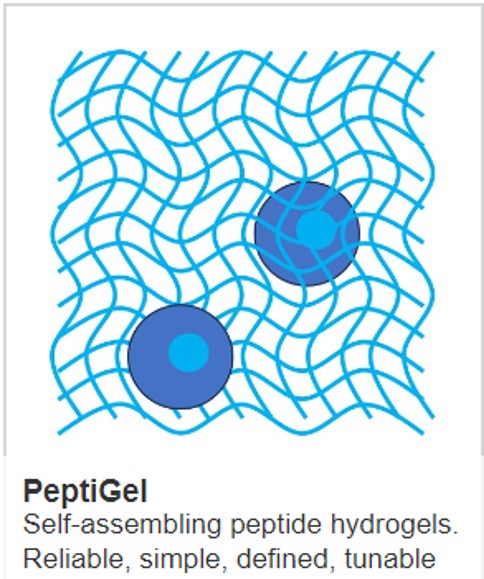The gut microbiome's surprising link to prostate cancer

Cancer of the prostate, a small gland that produces seminal fluid in men, is one of the most common cancers and the 5th leading cause of male death worldwide. Men over the age of 50, those of African descent, or those with a family history of prostate cancer are at a higher risk. Additionally, diet—particularly diets high in fat and sugar—can increase the likelihood of prostate cancer by negatively affecting the gut microbiome.
The gut microbiome is a diverse community of microorganisms, including bacteria, viruses, and fungi, that reside within the digestive system. These organisms are essential for digesting complex foods, producing vital metabolites (such as vitamins and short-chain fatty acids), regulating the immune system and helping protect against harmful pathogens.
However, the microbiome is not a static system—it is influenced by many factors, including age, diet, antibiotic use, gender, and even geographical location. Dysbiosis, or imbalance in the gut microbiome, has been linked to a range of health issues such as obesity, Alzheimer’s disease, and even prostate cancer.
One study from Kinshida University in Japan showed that high-fat diets may promote prostate cancer growth by altering the gut microbiome. In one experiment, mice with prostate cancer were fed either a “control diet” (a regular, healthy diet) or a “high-fat diet.” The results were striking: the prostates of the mice on the high-fat diet were significantly enlarged, indicating increased tumour growth compared to the control group.
Interestingly, when the mice were given an antibiotic mix to disrupt their gut microbiota, the results shifted. The disruption led to a decrease in short-chain fatty acid production, and as a result, tumour growth decreased—regardless of whether the mice were fed a high-fat or control diet. This suggests that the gut microbiome and its metabolic products, like short-chain fatty acids, play a key role in tumour development and growth.
While the studies mentioned were conducted in mice, they provide important insights into how diet may influence cancer development in humans. High-fat diets, especially those rich in saturated fats, are believed to affect the gut microbiome in ways that could promote inflammation, increase oxidative stress, and can exacerbate cancer growth.
While more research is needed, the link between diet, the gut microbiome, and prostate cancer is becoming clearer. Here are some practical tips to support prostate health:
- Limit high-fat, processed foods: Reduce the intake of saturated fats and processed sugars, as they may negatively impact gut health and promote inflammation.
- Incorporate healthy fats: Include sources of unsaturated fats like olive oil, nuts, and fish rich in omega-3 fatty acids to support overall health.
- Consider fermented foods: Include probiotics and fermented foods in your diet, which can support a diverse and balanced gut microbiota.
- Exercise regularly: Physical activity has been shown to improve gut health, promote a healthy weight, and reduce the risk of cancer.
The gut microbiome plays a pivotal role in health, influencing everything from digestion to immune function and even cancer progression. As research on the connection between diet, the microbiome, and prostate cancer continues, one thing is clear: maintaining a balanced, fibre-rich diet is one of the best ways to promote gut health and reduce the risk of cancer. Understanding and nurturing your microbiome could be a key piece in preventing prostate cancer and improving overall well-being.
IMAGE: Gut microbiome CREDIT: Shutterstock



